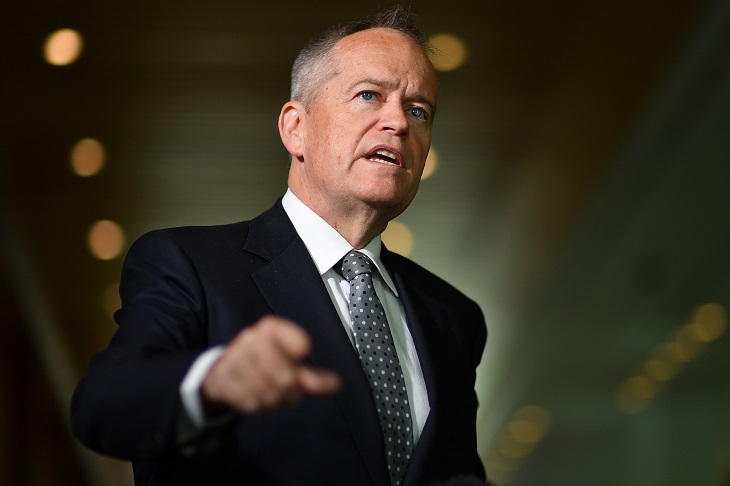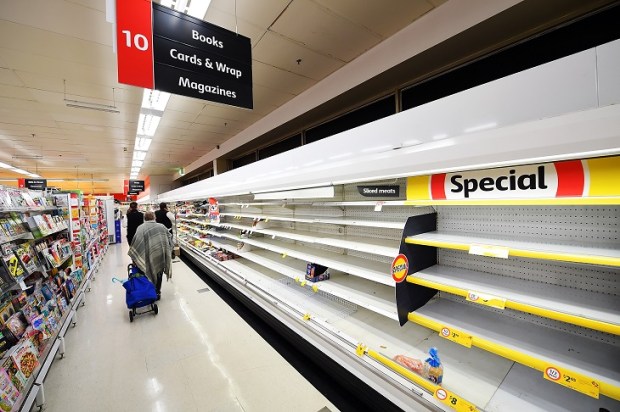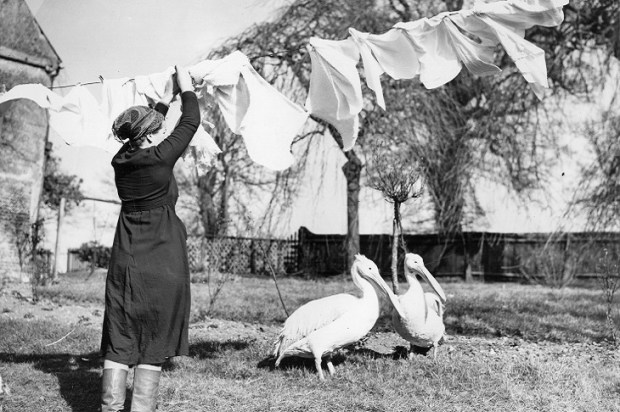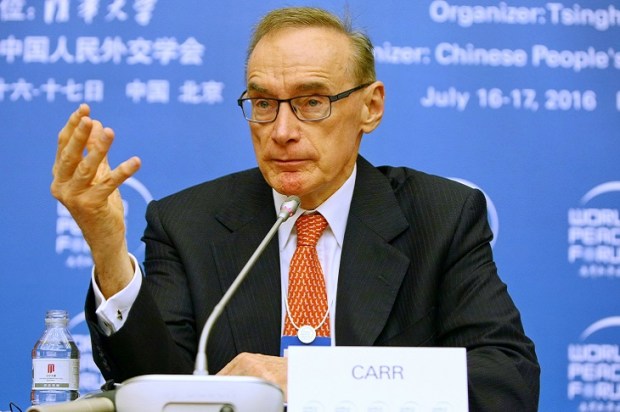Sometimes, when English is insufficient to describe a particular situation, we have to turn elsewhere.
German has a terrifying phrase ‘verschlimmbesserung’ or ‘improvements that make things worse’, which accurately describes the current state of the NDIS.
It was a policy that started out well, helping Australians with serious, sometimes life-threatening disabilities, but added ‘improvements’ and an expanded field of providers over time has made the taxpayer-funded NDIS a money pit into which fewer benefits are derived by many more recipients.
NDIS Minister Bill Shorten was out and about recently vowing to reform the ‘price gouging’ by registered providers while physiotherapists, speech therapists, occupational injury treatment providers, and providers of services for autistic children called for higher funding.
The National Disability Insurance Scheme, NDIS, in its most recent budget has reportedly blown out to $8.8 billion – yes, that’s billion. As the Budget draws near, it is no surprise that the NDIS (and its unexpected cost) has re-entered the news cycle. It was $27.6 billion in 2020-21 and was forecasted to cost taxpayers, 440.7 billion in 2024-25. It’s now been predicted to cost taxpayers – yes, that’s you – $8.8billion.
Bill Shorten said, ‘We need to make sure our school system is more responsive to kids with learning needs.’ That’s because he’s been told that parents of autistic kids and those with learning difficulties – not a disability, as such – have been slipped onto NDIS lists for special attention.
And that, I’m reliably informed, includes some newly-arrived parents who want their children to speak English more proficiently. Learning English as a second language is not a disability in anyone’s thinking, but it’s happening because the holes in the net are just too big to catch them on the first application.
What was originally drafted as a national scheme for people with severe, complex disabilities has, in the opinions of many, become middle-class welfare for parents whose children are perceived to have eating, speech, or attention disorder problems or those with less severe depressive symptoms.
There are some 530,000 Australians on an NDIS plan and 10,000 registered providers delivering support but those on NDIS plans seem to be charged more by their providers who say that the costs of registering for NDIS, extra paperwork, and more complex cases demand the extra payment.
It is not unknown, though very seldom acknowledged publicly, that recently-arrived migrants, especially from China, have allegedly registered their offspring as having speech difficulties when the problem is a lack of spoken English. Again, it is much easier – as with many other situations – to access NDIS providers if you live in a large city.
Bill Shorten, to his credit, has not backed away from facing facts –‘price gouging’ exists and even NDIS providers admit that NDIS participants are charged higher fees, sometimes double their normal fees ‘because the government pays the bill’, as The Spectator Australia was told by one participant who has a child with ADHD and didn’t want her name used.
But she was wrong, the government doesn’t pay the bill, taxpayers do.
Albanese’s Labor, caught between wishing to preserve its ‘kind and caring’ image and the dire necessity of saving money to pay our mounting national debt, is hamstrung by the NDIS.
And, in a classic case of ‘improvements that make things worse’, what started out as a general, worthwhile policy to assist Australians with a disability has ballooned into a monster that threatens to eat into the October budget, thus depriving many NDIS recipients or those still on the waiting list who really do need help.
‘Verschlimmbesserung’ indeed.
Got something to add? Join the discussion and comment below.
Get 10 issues for just $10
Subscribe to The Spectator Australia today for the next 10 magazine issues, plus full online access, for just $10.


























Comments
Don't miss out
Join the conversation with other Spectator Australia readers. Subscribe to leave a comment.
SUBSCRIBEAlready a subscriber? Log in